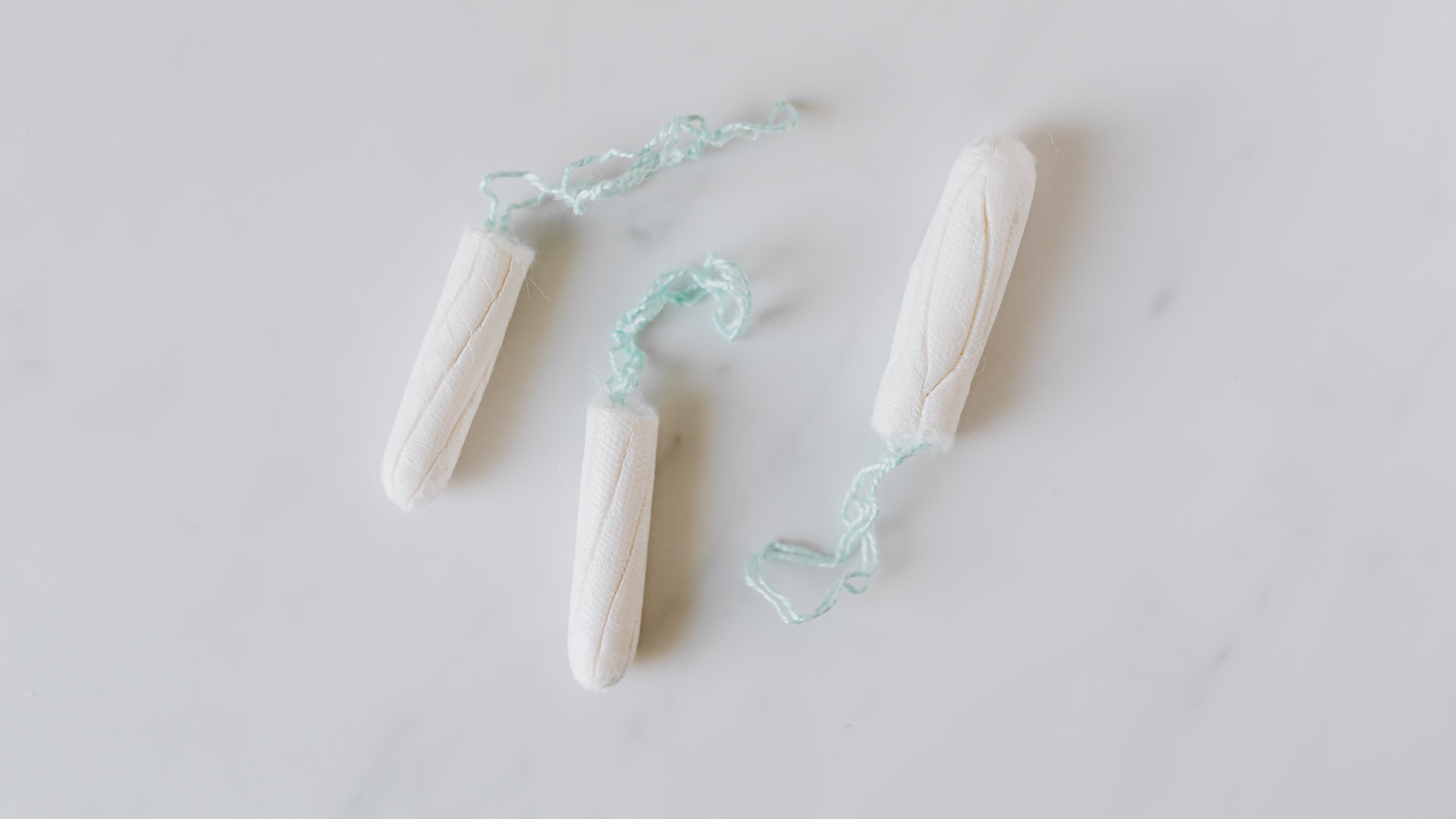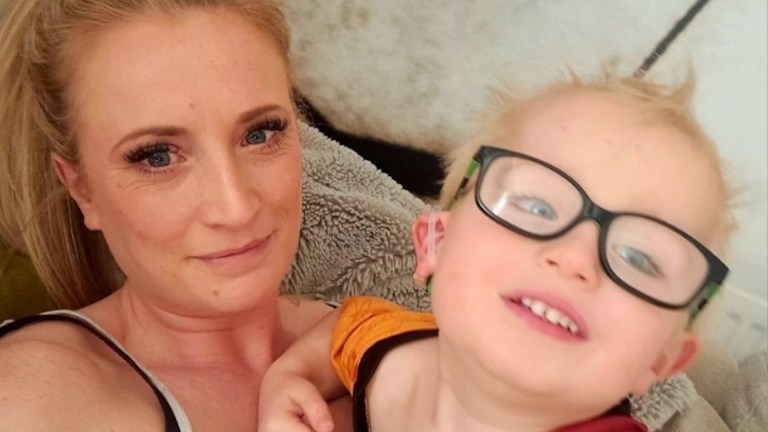Last summer campaigners warned the initiative was not promoted enough, leaving schools unaware of their entitlement and how to place orders.
And the Government said at the time it expected uptake to increase to “pre-lockdown levels” when schools returned for the autumn term – but the number of institutions placing orders rose by less than 10 per cent between August and December.
Less than half of the total spend cap for schools and colleges had been used by the end of 2020, with the total value of orders amounting to £2,791. Organisations in more deprived areas were more likely to place orders than those in more affluent regions.
Around 15 per cent of girls in the UK have struggled to afford period products, according to research by children’s rights organisation Plan International UK. Nearly half of those surveyed said they had missed school because of their period.
There were 4.2 million UK children living in poverty in 2019, with another 120,000 estimated to have been plunged into hardship as a result of the Covid-19 pandemic according to the Legatum Institute.
Redundancies, income cuts on the furlough scheme and reduced hours have pushed thousands of families into crisis, with six million people facing further losses if the Government cuts Universal Credit this April as planned.
Advertising helps fund Big Issue’s mission to end poverty
Speaking to the Independent, Free Periods director Gemma Abbott said: “It has never been more important that schools address period poverty among their students as we know the pandemic has exacerbated the issue for many.
“Period poverty is just one facet of financial poverty. If you can’t afford food or are struggling to heat your house, period products will inevitably be a secondary concern.”
Making free products easily available in schools is designed to tackle the stigma around menstruation too, with more than 17 per cent of 14-12-year-olds reporting feeling embarrassed when buying the products they needed.
The Government’s initiative offers standard pads, tampons and environmentally-friendly options like reusable pads and menstrual cups. Of orders placed by schools and colleges last year, 70 per cent of items requested were standard while 30 per cent were biodegradable or reusable.
England’s scheme operates on an opt-in basis but in Scotland, a new law passed in November Lennon makes it mandatory for councils to ensure free period products are available for everyone.
Advertising helps fund Big Issue’s mission to end poverty
The Period Products (Free Provision) (Scotland) Bill was introduced by Labour MSP Monica Lennon and was a world-first.
It places a legal duty on local authorities to find ways to give free period products to “anyone who needs them” with “reasonable dignity” and must be fully operational within two years.
“No pupil should ever have to miss school because of their period,” children and families minister Vicky Ford said.
“I am pleased to see over three quarters of secondary schools and colleges have accessed free period products, but I want everyone to know this support is available.
“If you are a school or college leader, I urge you to please get in touch and order these products for your pupils so that together we can help end period inequality for good.”









